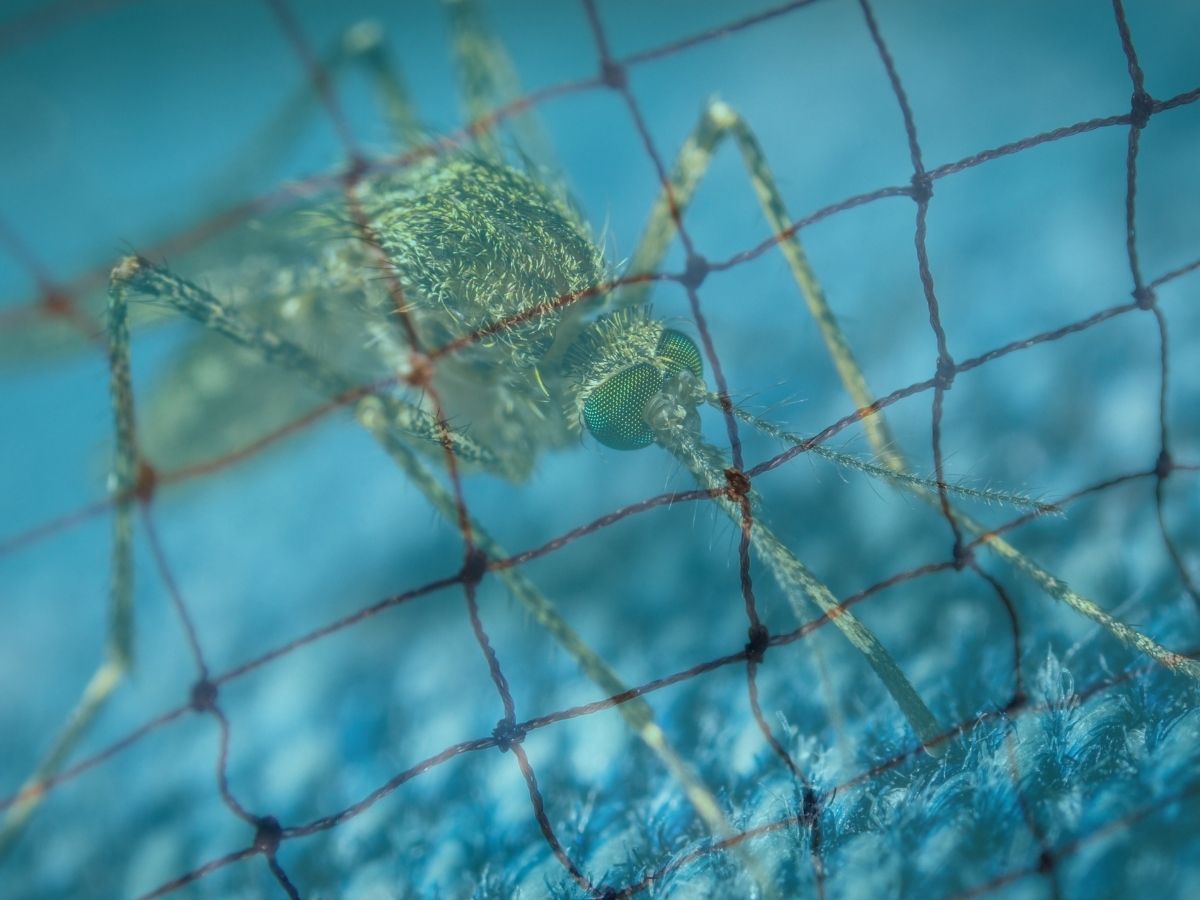
Abolish Mosquito Net Adverts As Well!
- Category: Peering Eye
- Date 21-11-2004
- 900 views
A doomed animal does not hear a hunter’s horn! It is perhaps the reason a lot of money is going into advertising to persuade the population to buy and use mosquito nets to prevent malaria. Advertised too is the dawa to apply on the nets to kill the six-legged flying parasites, which do not only suck human blood but also transmit the deadly malaria germs into one’s circulatory system to upset the body metabolism with the malaria infections.
When once I left my door open, the mosquitoes literary filled up the entire space inside my simple room in Dar es Salaam. Re-entering, I was trapped and blinded in a swarm of mosquitoes. Fortunately, I managed to disentangle myself and bought a tin of insecticide at a nearby shop. The spraying culminated into the death of many, forming a mosquito-carpet.
The dangers of mosquitoes to human life cannot be overemphasized – the most terrific vehicle for the spread of malaria, at least in this part of the world. It is also a matter of commonsense that malaria remains a leading killer in the developing world, which we are proud inhabitants of. High infant mortality rates have been largely escalated to astounding proportions by malaria. Expectant mothers too are known to be strategic victims of the rampant malaria infections. Adults of all walks of life can easily be shown their deathbeds if subjected to mosquito bites and resultant malaria.
However, you take a horse to the river but you cannot force it to drink. One wonders why huge sums of money should continue to sink into persuading the populace to obtain and utilize what is clearly a necessity of life. It is not necessary to persuade a person to eat, for example – everyone knows that if you do not eat, you starve to death. Apart from rare occasions when prisoners go on hunger strike, human beings need not be told to eat. Neither is it important to promote the consumption of salt – nobody needs to be told that they need salt in their food or to flavour it. Not today when we should remind people that a speeding car will knock them to death if they stand still in the middle of the road – lookout for pedestrians speeding along the zebra crossing where they have a right of passage.
There are things people understand that they must do or not do if they like to live. No one needs to be told that dangerous animals will have him or her for a meal if they stray into the national park without protection. And no one needs telling that this is a mosquito-infested country when all around us the very insects are saturating the air, biting day and night.
Advertising mosquito nets might prove useless as many others before it. We have witnessed many turn-rounds on previous popularly advertised products. Aids adverts were popular and heavily funded before parliamentarians poured scorn on them, ordering their immediate ban. Public image promotions on some cosmetics enjoyed unprecedented popularity before they attracted the wrath of government, which openly condemned, banned and impounded them ferociously. Such is a vote of no confidence in the advertising trade, portraying it as a business that is utterly profit-motivated and not genuinely pro-life.
You and I are sleeping under a mosquito net – I know you do because you are even able to buy and read a newspaper written in Kingereza. I mean, anyone deemed to be sane and with a modest income would understand that they need a mosquito net to protect themselves against malaria and urgent death. Period. No persuasion. To me, a mosquito net is a matter of life and death!
It therefore borders on the scandalous how much money and energy is expended to advertise mosquito nets in print and electronic media, whereas being a necessity, it should be secured without prompting. The poor who cannot afford the price will not get the money to buy them by merely listening to or watching the adverts. Use the millions of money that go into advertising, to purchase the nets, go to the poor, tell them the dangers of mosquitoes and malaria and donate the nets. Lest we are enjoying the suffering of the poor by devising advertisements to entertain ourselves with.
By Venansio Ahabwe
Source: Peering Eye, Sunday Citizen
